Story Movie
![Platoon 4K 1986 Ultra HD 2160p]()
In September 1967, somewhere in the border region between Vietnam and Cambodia, Private Chris Taylor of the 25th Infantry Regiment arrived. He came to see with his own eyes what true hell looks like. Not the otherworldly, fictional hell dreamed up by writers or artists, but the real, mortal hell where Sergeant Bob Barnes and Sergeant Elias Grodin found themselves face-to-face. They, too, thought they would be fighting Vietcong guerrillas, but it turns out that sometimes you have to fight your own.
Review 4K Movie
For years, the Vietnam War was considered a taboo subject for American filmmakers. The films that were made about it were merely Pentagon propaganda pieces, but it took more than a decade for the phenomenon to be truly understood.
Stone was one of the last to turn in his essay on the subject, eight years after Cimino's The Deer Hunter and Coppola's Apocalypse Now. By this time all discussions on the role of the war in national history had already died down and the conflict was gradually being forgotten. However, Stone knew better than anyone else: one should not forget about Vietnam as its horrors had shaped the worldview of the entire American generation to which he himself belonged. Scorsese in Taxi Driver and Ted Kotcheff in First Blood were very convincingly telling what lessons from Vietnam were learned by the former American soldiers; Stone's aim was to show the process of forming these values, making a classic coming-of-age movie against the backdrop of the Vietnam jungle.
The possibility for the spectator to clearly identify himself with the main character gives Stone a chance not only to show war through the eyes of an ordinary boy, but also to let him experience all its horrors, practically on his own skin. In The Deer Hunter, because of the long pre-war introduction, the viewer could not put himself in the place of the central character. Stone makes it extremely easy: the film contains no prehistory of the hero's life in civilian life, references to his past are only fragmentary, insignificant in nature. Pictures of his pre-war biography any viewer can finish drawing on his own, and they will always remind of moments from his own past. Any one of us could be in the hero's shoes.
Chris Taylor is a collective image through which an entire generation, including the director himself, speaks from the screen. Without going into excessive theatricality or Hollywood scale, Stone deliberately tells the quite ordinary story of this war, the story of an ordinary guy, while making it much more realistic.
By taking the simple story of a recruit arriving at war, Stone turns it almost into a religious-philosophical parable, leaving the hero torn between the angel on his right shoulder (Sergeant Elias) and the evil demon of war (Sergeant Barnes), whose presence he constantly feels on his left. The choice, however, is not as simple as it seems. Yes, the performer as Elias, Willem Dafoe plays the new Christ - from the first appearance of his character until his last shots on screen, when his arms spread apart, pointing quite unambiguously to the crucifixion. It's no coincidence that when Scorsese will be directing his own, most non-canonical Christ film two years later, he will ask Defoe for the lead role.
However, his antagonist, Sergeant Barnes is not the embodiment of absolute evil, but only one of the main victims of war: a product of the army system in which everything human has completely atrophied - forged in the crucible of conflict, the ideal murder weapon. At some point, however, the viewer begins to realize with horror: after all, this monster also has his own truth.
And if Sergeant Elias seems an alien character in this war, Barnes, at the same time, is its son and its main weapon. It's unfortunate, but every war on this planet has been won because of perfect fighting machines like Sergeant Barnes. It's just that he has long answered the question, "Is it possible to remain human in war?" to which Stone smoothly leads his hero.
Thus, it turns out that both "fathers" of Private Taylor possess fragments of truth, which the recruit will have to collect in bits and pieces throughout the film, only to finally decide on his choice in the finale. However, the most interesting thing is that the viewer has to make the same choice along with the hero.
Taylor's final decision is as ambivalent as the morality of both of his "fathers". Some say that in the finale he makes a final choice in favor of humanism, which is highly debatable. Rather, having been imbued by both "fathers," the hero remains in the middle between them, having absorbed the ideas of one and the methods of their implementation from the other. Killing evil in the name of the bright idea, he thus, to a greater extent, becomes the successor of Barnes. Killing in the name of humanism brings him closer to the monster within himself that he seeks to destroy in his adversary.
Modern warfare is hell. Coppola in Apocalypse spared no expense to give this man-made hell a complete resemblance to the biblical one. Stone's film is much more modest in scope, and the point of view differs slightly from Coppola's. In "Platoon," the war is more of a purgatory in which one either cleanses oneself of the sins of the past or follows one to the present underworld. It is not the war that has made the Barnes supporters into complete sadists - it has only freed all the baser things, releasing the hidden desires and inclinations. And the real underworld lies precisely in the human souls who bring it with them to the battlefield and unleash it.
The selection of actors is perfect. Stone simply squeezed them dry, forcing them, within the confines of a two-hour film, to reveal their full potential at once. Alas, but for two of them: Charlie Sheen and Tom Berenger, "Platoon" will forever remain a gaping heights, which they are unlikely to conquer again. By the way, is it a coincidence that the main character in "Platoon" is played by the son of Martin Sheen, who again played the leading part in Coppola's "Apocalypse" or is it another Stone's hint at the difference in their directorial approaches? It is quite possible that it is a deliberate reference to emphasize the continuity of the characters.
Coppola's hero, a mature soldier and officer, contemplates hell, as it were, from a distance, whereas for Stone's hero, given his age, the war becomes the first school of life, shaping, under the direct influence of his "fathers" - sergeants, his human essence. Perhaps it is just a coincidence, but if you want, you can see a direct analogy here - the notion of spiritual and physical fatherhood plays a very large role in "Platoon".
"Platoon" is one of the best films, not only about Vietnam, but about military issues in general. Moreover, in my humble opinion, it is also Oliver Stone's best film. His next films were more complex and immense, but they lacked that sincerity, freshness and novelty of autobiographical look at his own mistakes of 20 years ago, that is exactly what distinguishes "Platoon" from all other films of a similar theme.
And its most important virtue is that in describing the realities of war, Stone refrains from moralizing and ready-made answers to his own questions - he encourages the viewer to search for them together with the hero. And there is no one true, one hundred percent correct solution. Welcome to Vietnam!
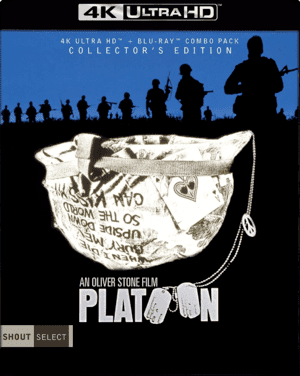


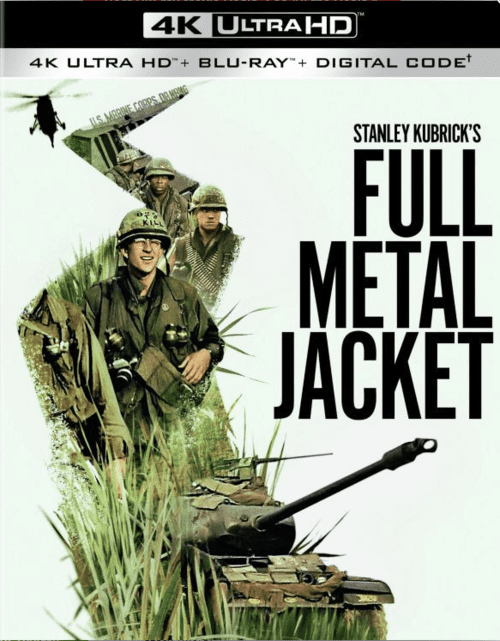 [/full-link]
[/full-link]
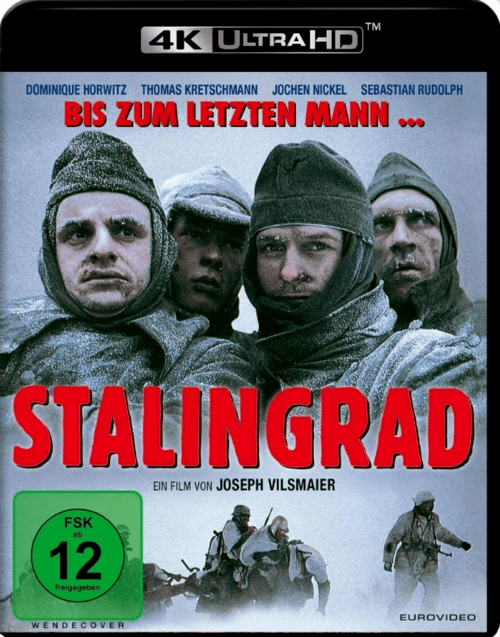 [/full-link]
[/full-link]
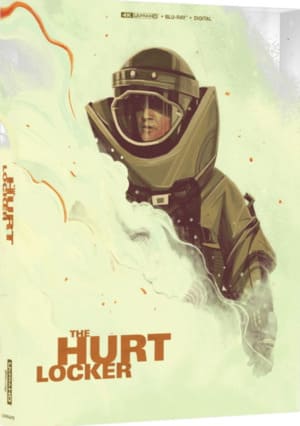 [/full-link]
[/full-link]
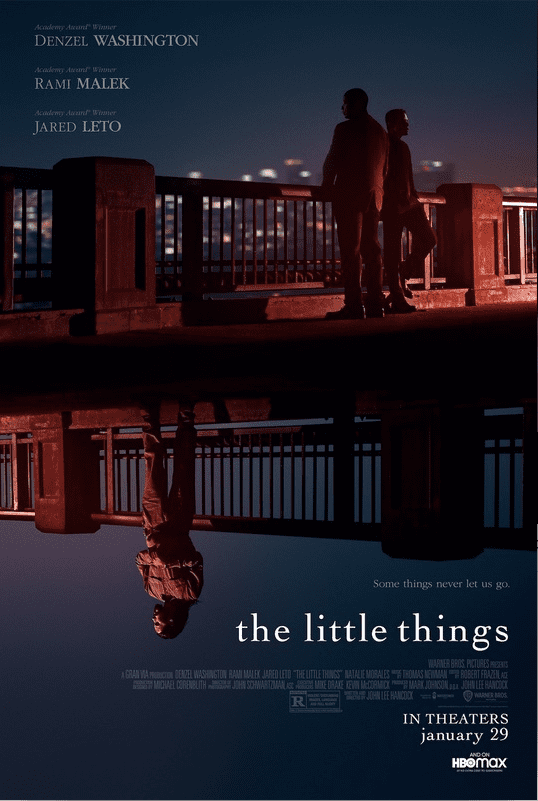 [/full-link]
[/full-link]
